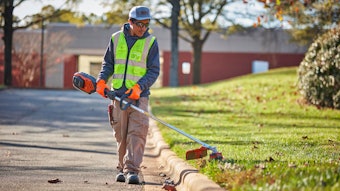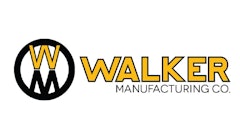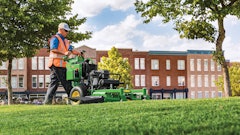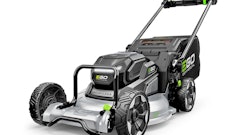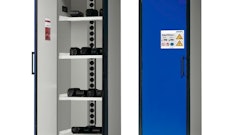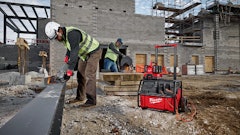
The Green Industry blew up on the backs of Baby Boomers—a massive market that continues to represent loads of opportunity for landscape contractors. Going forward, though, Generation Xers will have to be the main driving force behind a housing recovery. Not to be forgotten are the Millennials—a young, hip, tech-savvy consumer segment that will force a change in the way landscape contractors and other service providers market and sell.
Let's back up for a second. What are Generation Xers and Millennials? Definitions vary, but generally speaking:
- Gen Xers were born between 1965 and 1976, putting them in the 36-47 age range—an immediate target market for landscape contractors.
- Millennials were born between 1977 and 1998, putting them in the 14-35 age range. Thus, consumers in their late-20s and early-30s also represent an immediate market opportunity for landscape contractors.
How Millennials are different
Millennials share many similarities with their elder generations. However, there are several distinctions which marketers must take into consideration.
Millennials are a more ethnically diverse group. For instance, roughly 61% of adults under the age of 30 are white, compared to 70% of adults over the age of 30.
Technical literacy is the characteristic that most distinguishes the Millennial generation. They grew up on computers and are avid mobile phone users. While 59% of Americans use text messaging, 88% of Millennials do. Millennials are also much more likely to engage in social media. Furthermore, unlike with previous generations, the Internet rivals TV as the main source for news.
Millennials aren't as openly religious, and are less likely to serve in the military. They value self-expression and are highly analytical. They are arguably the most educated generation ever.
Millennials are more likely than previous generations to identify as liberal, even though they are also just as likely to identify as conservative. Generally speaking, they are much less critical of the government than older generations. In fact, many look to the government to play a more active role in solving societal problems.
How Millennials are not so different
There are other characteristics of Millennials that are not so different from Gen Xers or even Baby Boomers. For instance, Millennials are interested in "going green," but not any more so than older generations. Likewise, Millennials have a yearning to volunteer and give back to the community. They respect their elders and believe that they have a responsibility to care for them (i.e. parents). Family matters most, and being a good parent is what they want most out of life.
Millennials are a bit more wary of human nature in general, but are no more suspect of "big business" than older generations. In fact, a slightly higher proportion (nearly half) believes that large corporations do a decent job of balancing profit and public interest. Millennials are no more inclined to participate in "consumer activism" via boycotts, etc. than older generations.
Millennials do place a high value on work ethic, but view it differently than Xers and Boomers. For instance, Boomers say work ethic is the top defining characteristic of their generation. Xers say it is the second most defining. Millennials do not list work ethic in their top five. (Both Millennials and Xers cite the use of technology as their most defining characteristic.)
How Millennials make buying decisions
Think about some of the traits we've been outlining. It's easy to see that Millennials are prolific researchers. They get online and peruse websites. They initiate and/or participate in social media discussions about a given product, service or brand. They talk to their friends.
Corporate reputation and/or brand name are slightly less important to Millennials, although they do expect companies to give back to society in some fashion.
Millennials do not respond very well to "slick salesman" tactics. Rather, they desire a tailored approach and personal touch. They want to be involved in the process and help the person or company they are buying from to succeed.
What you can do
Millennials demand fast, reliable service. Responding to customer inquiries as quickly as possible must become a priority. If you have a "contact us" feature on your website, you have to check email every day and/or night and respond promptly.
Speaking of websites, you better have a nice one these days.
Get involved in your community with donations, special projects, educational efforts, etc. This scores big points with Millennials—so be sure to get involved, and then promote your community outreach.
Millennials respond well to group involvement. Consider programs such as referrals clubs and loyalty incentives. Testimonials are as important as ever. In addition to the standard written testimonials, talk to your happy customers about doing video testimonials which you can post on your website and social media pages.
Speaking of social media, this is where Millennials are—so you have to be there too. Many contractors have established successful Facebook pages. Twitter accounts are a close second. LinkedIn also can come into play. YouTube channels are underutilized by landscape contractors. Consider all of these approaches.
Most importantly, maintain a consistent message. Inconsistency in message, reliability and overall professionalism will lose the trust of a Millennial. Millennials do like the "sizzle," but it can't overshadow the "steak."
Sources: Kleber & Associates, Pew Research Center


